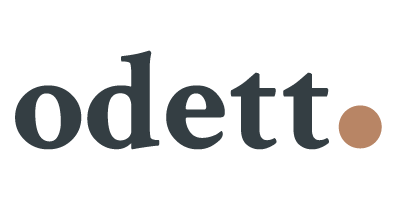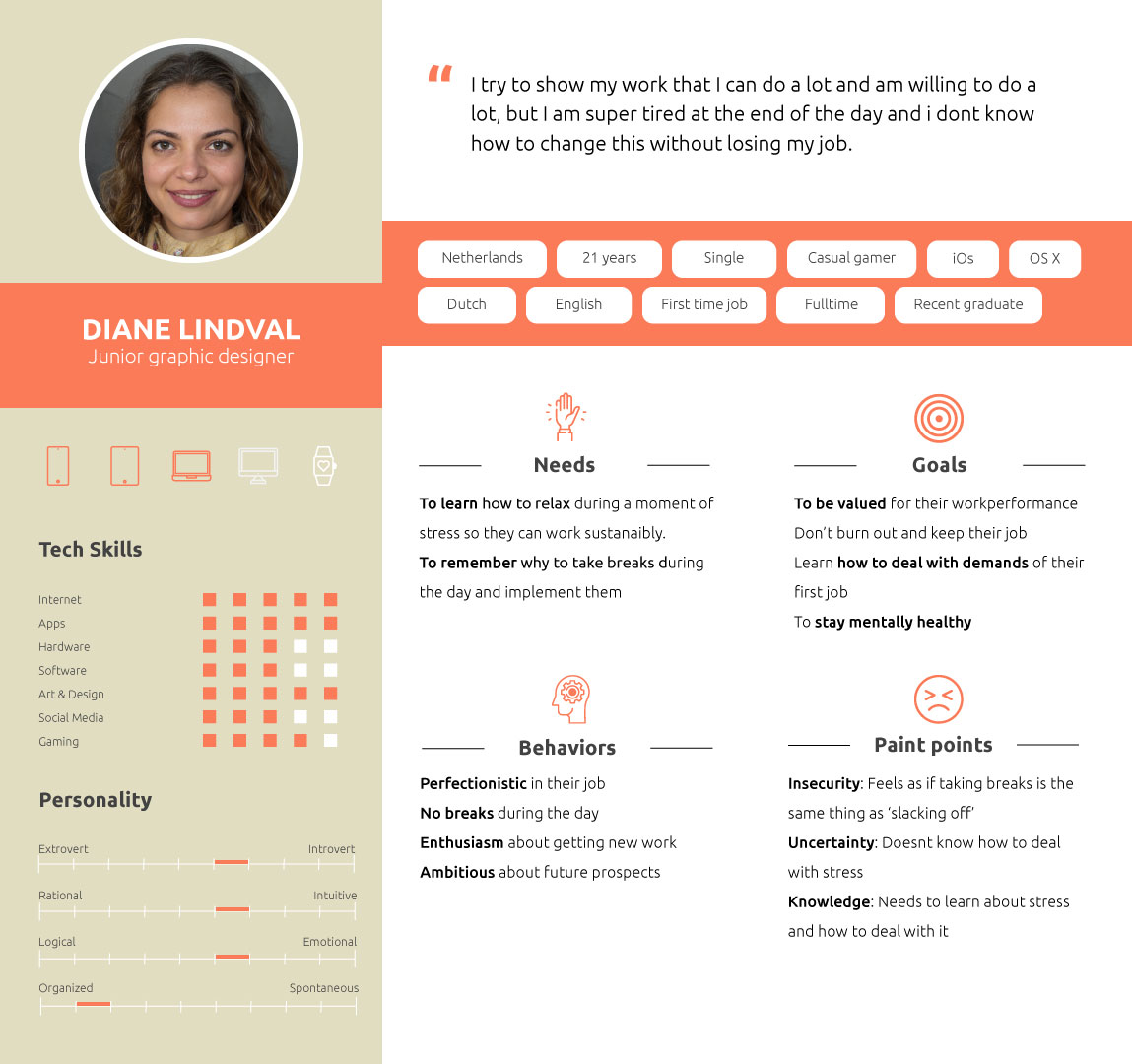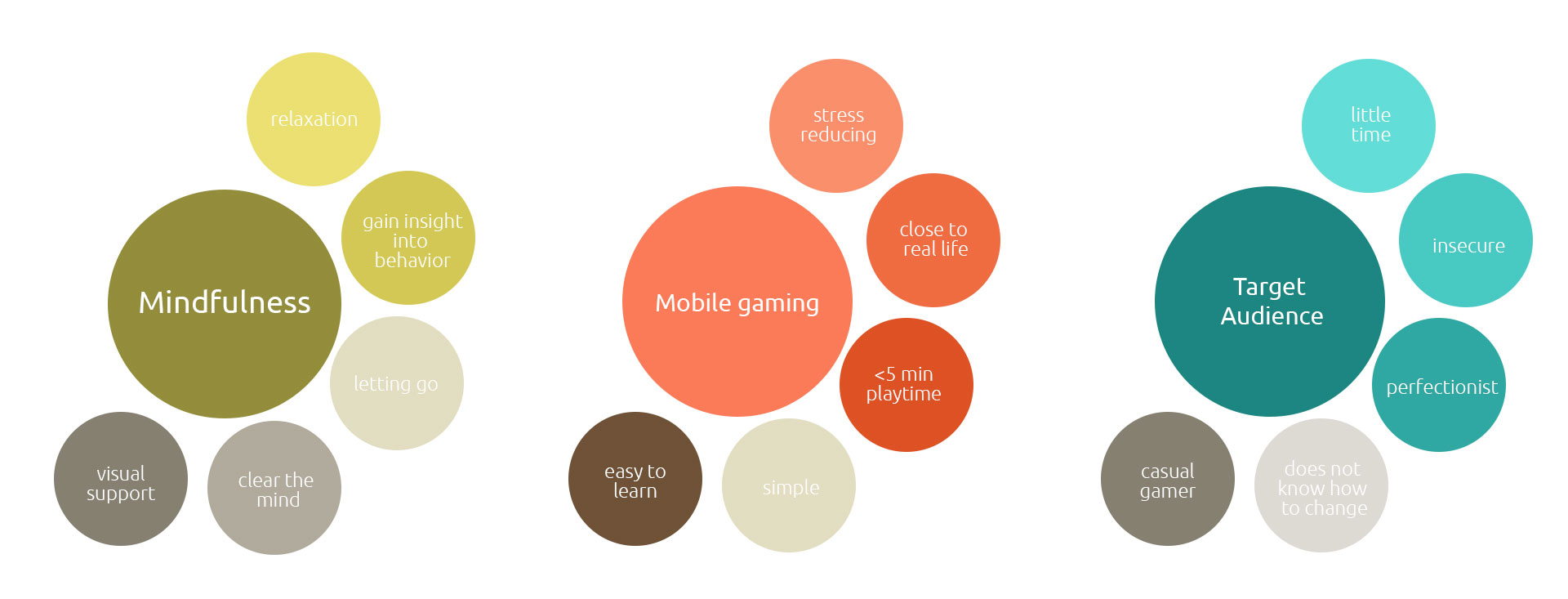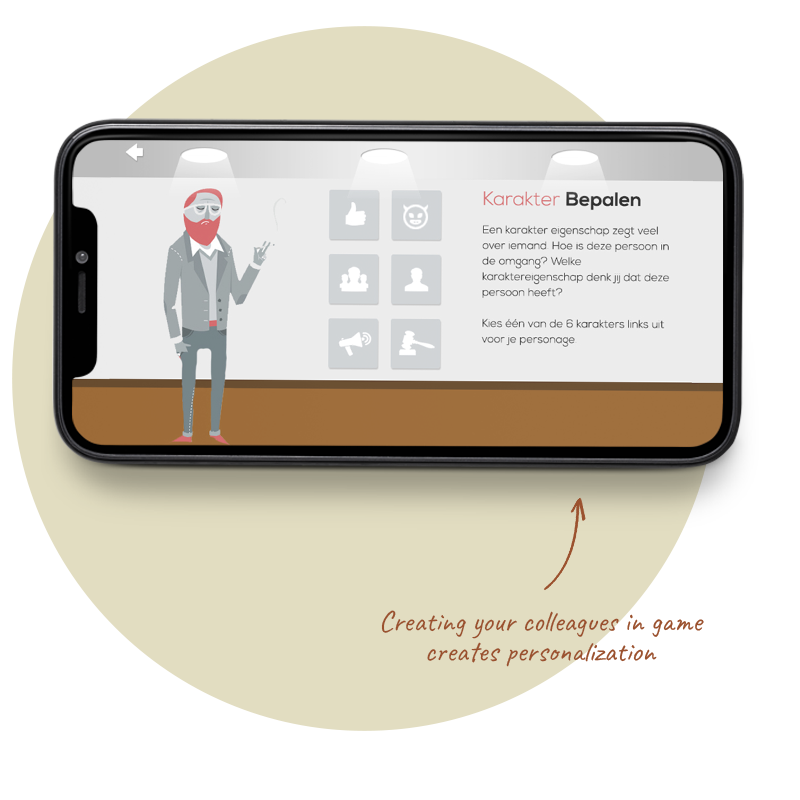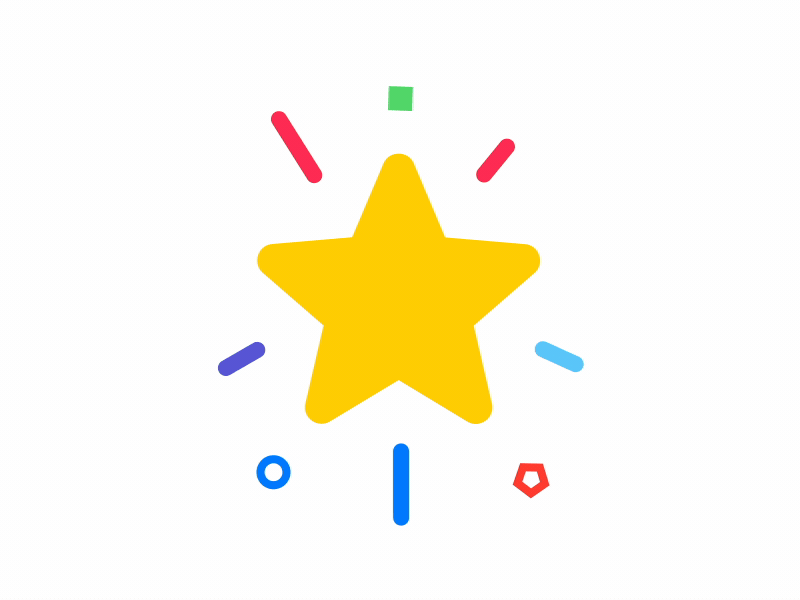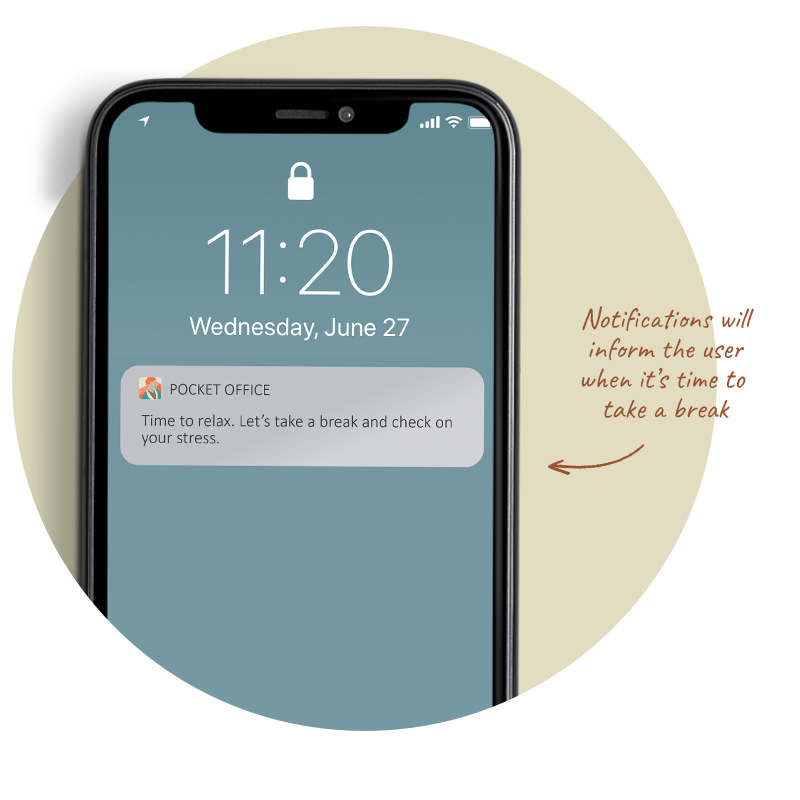Using mobile games to reduce stress
That first job right after graduation is a massive milestone, one that comes with excitement and ambition but often also with stress, burnout, and insecurities. In the hopes of proving yourself, the perfectionist takes over which causes a decrease in mental health and wellbeing. The game Pocket Office was designed to combat work-related stress when this occurs and to teach young starters to deal with stress instead of avoiding it.
